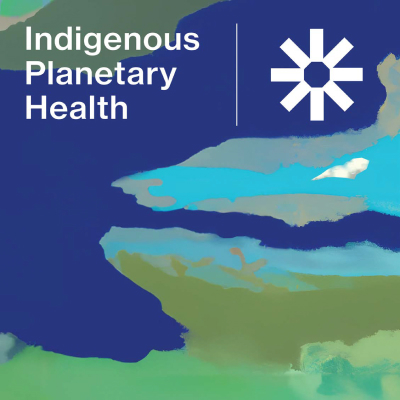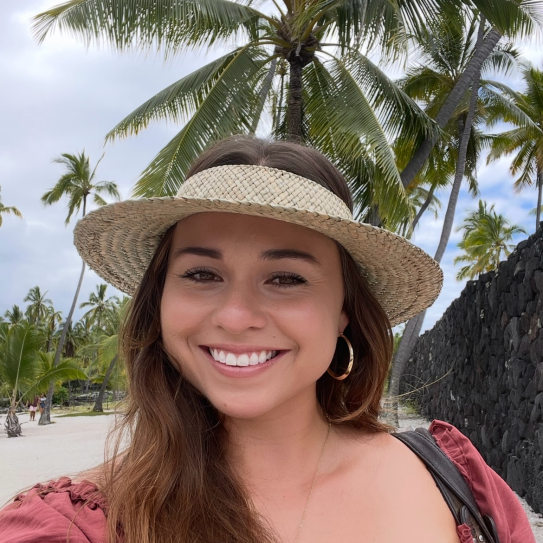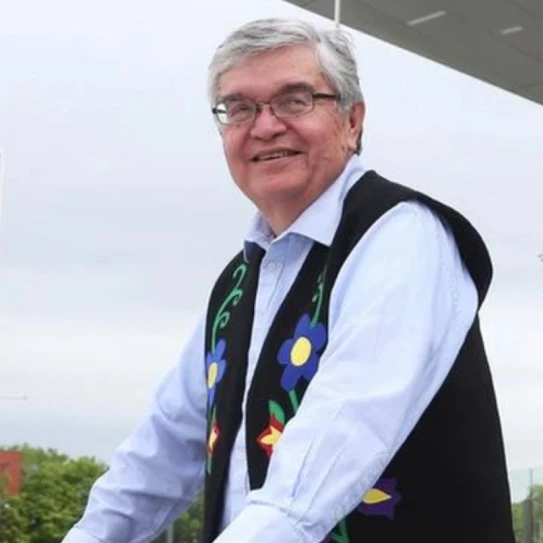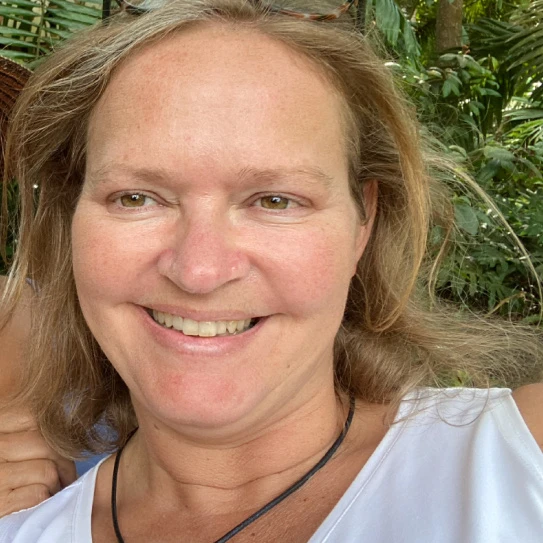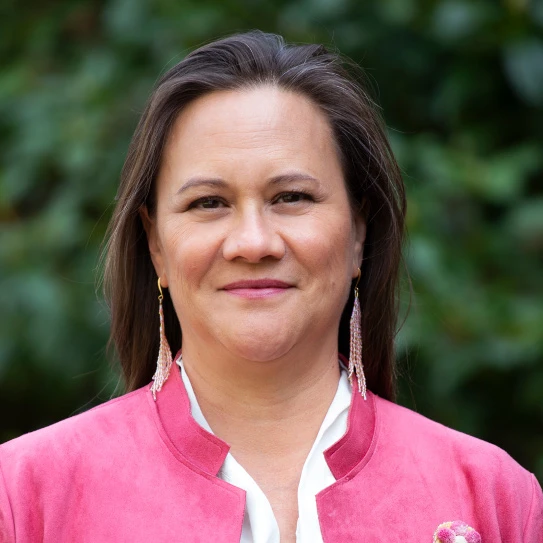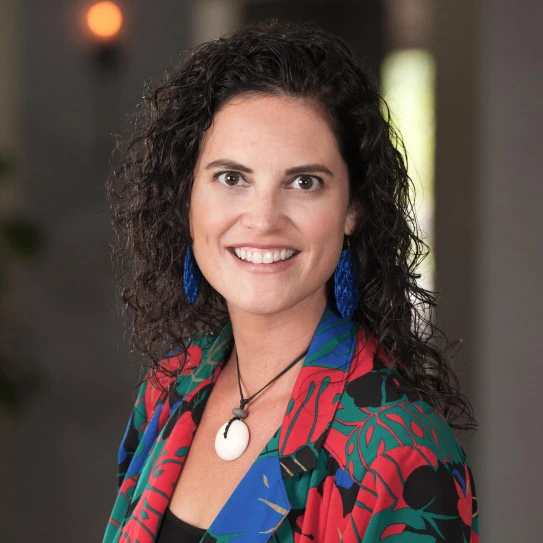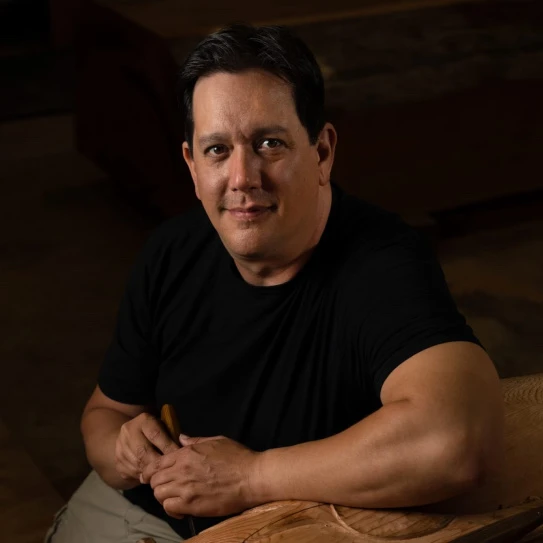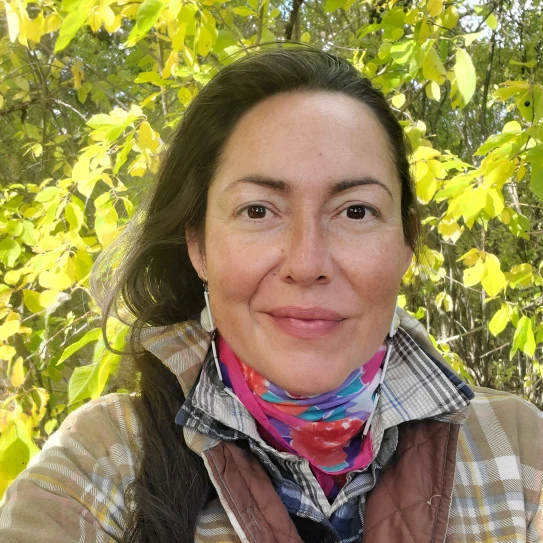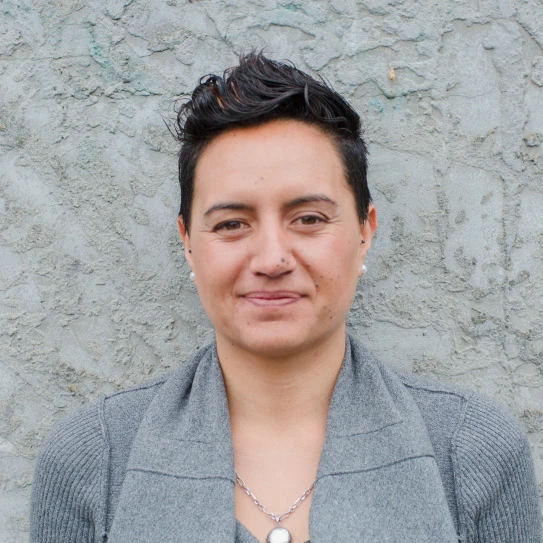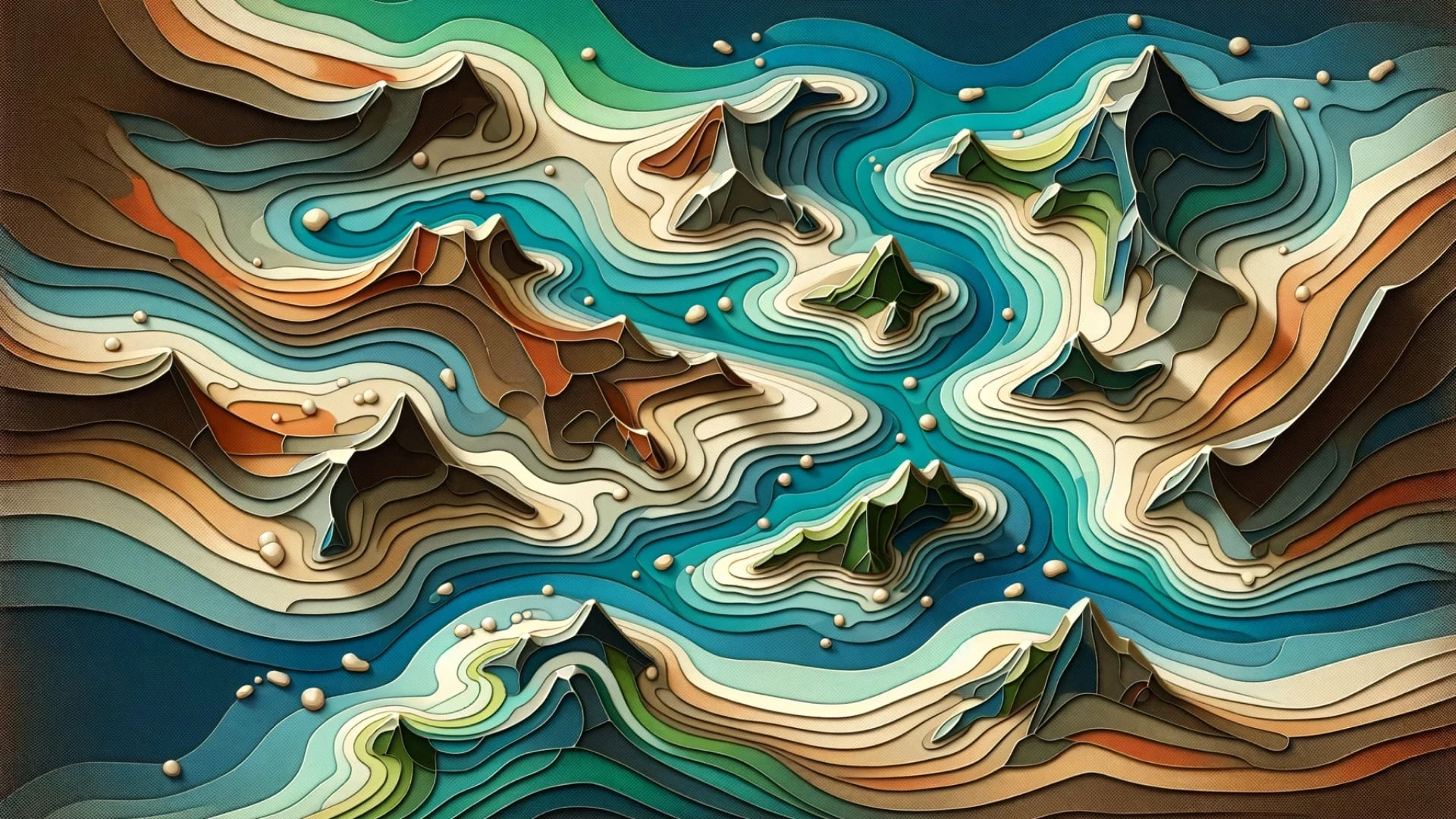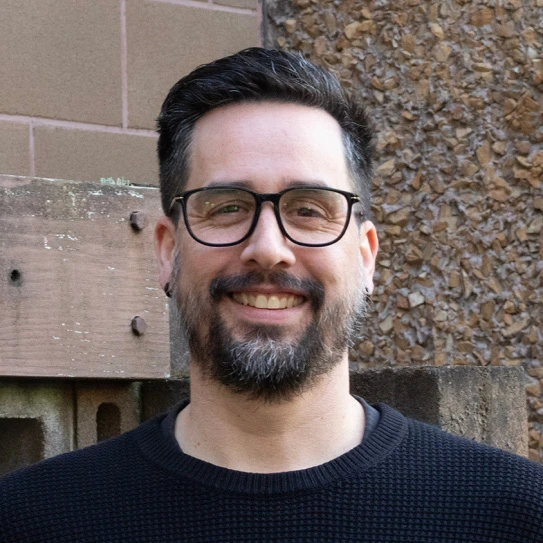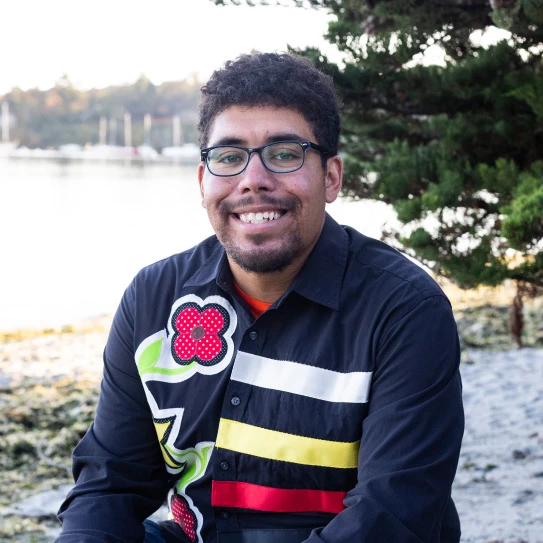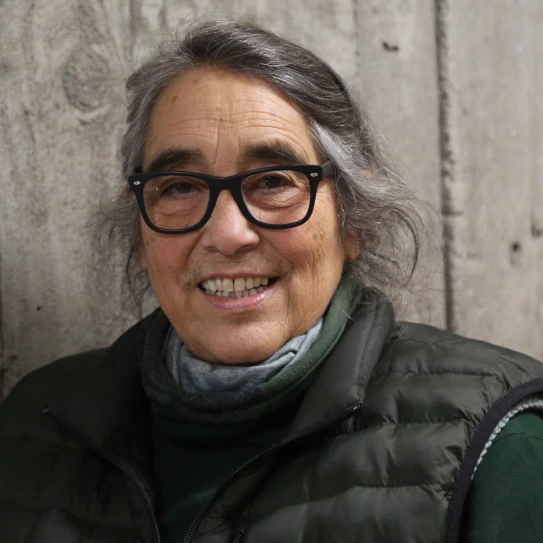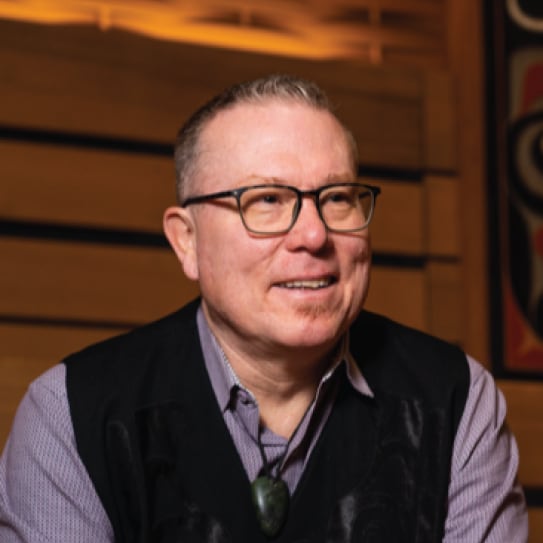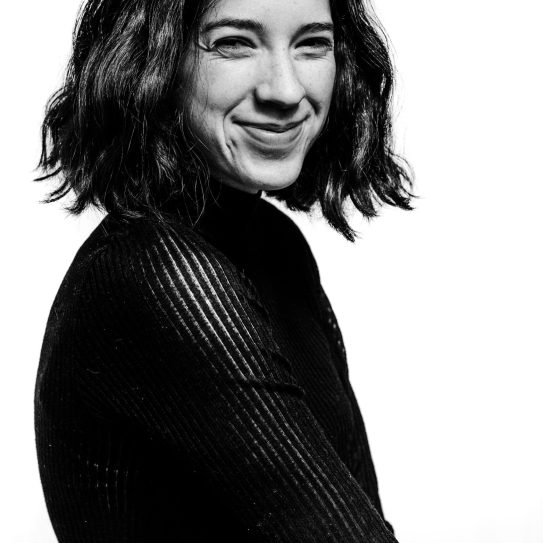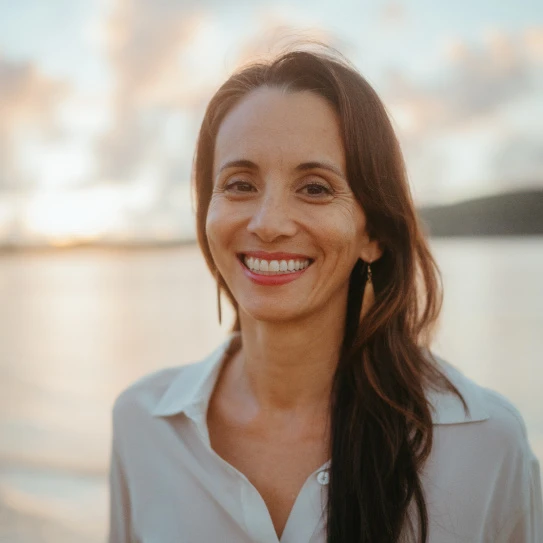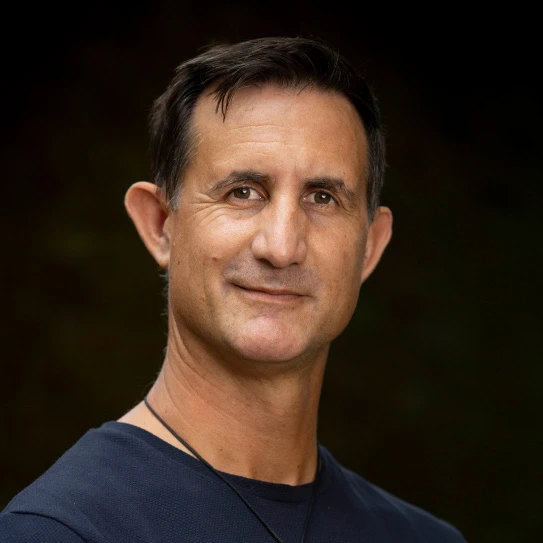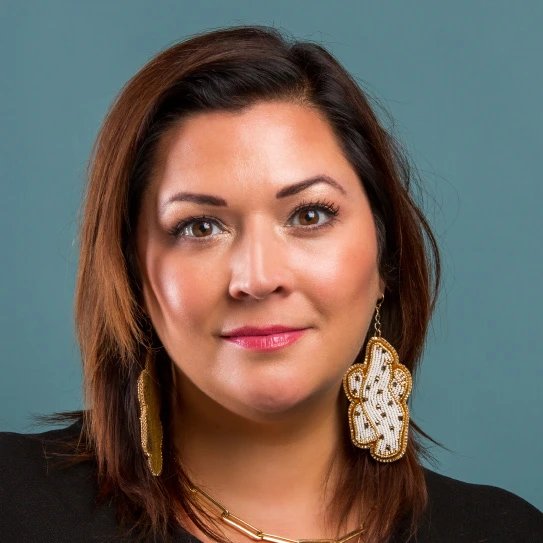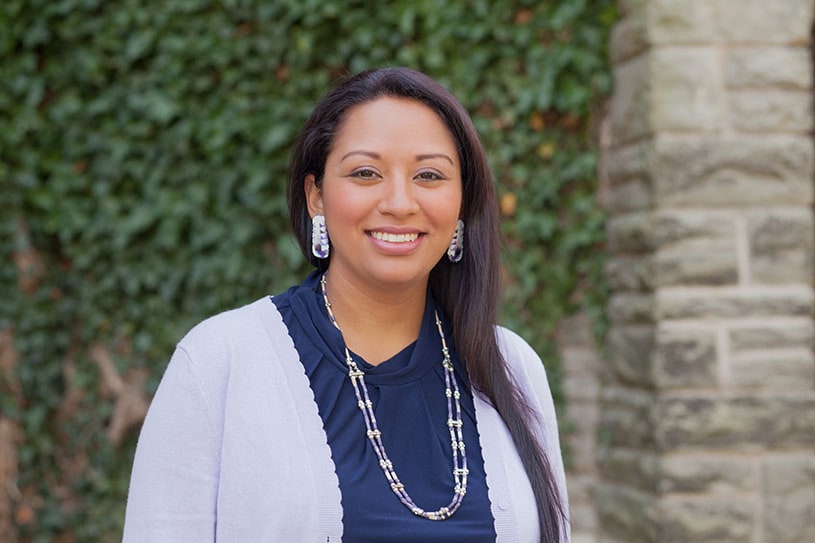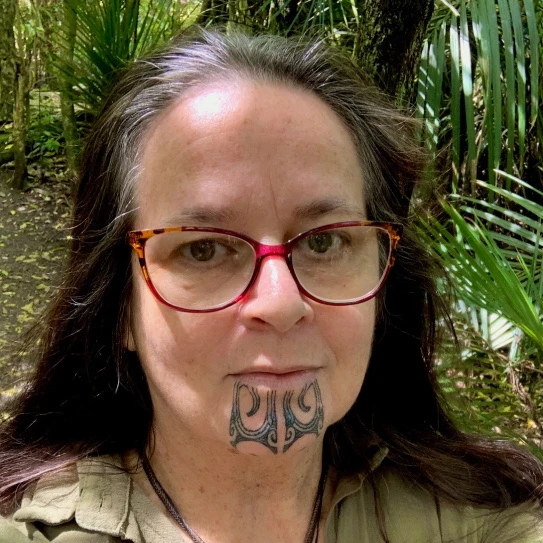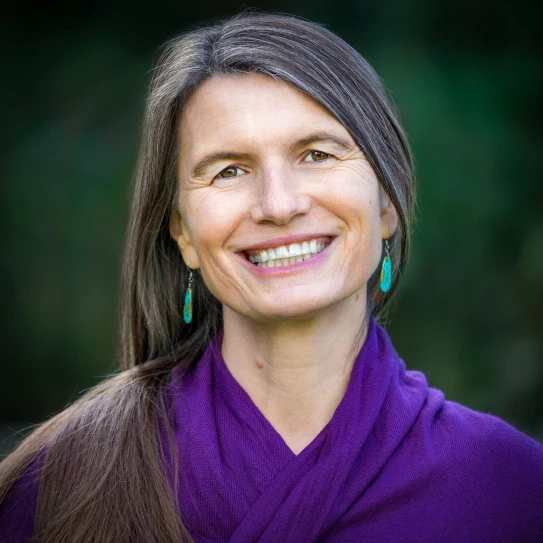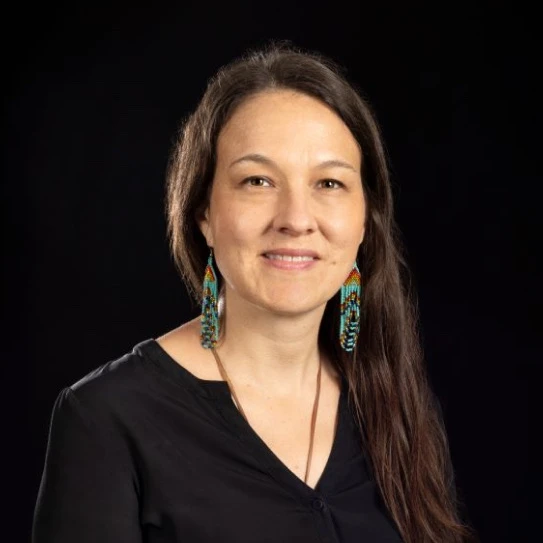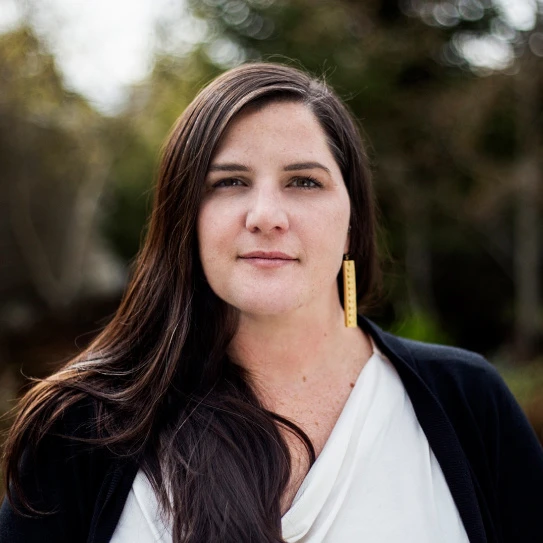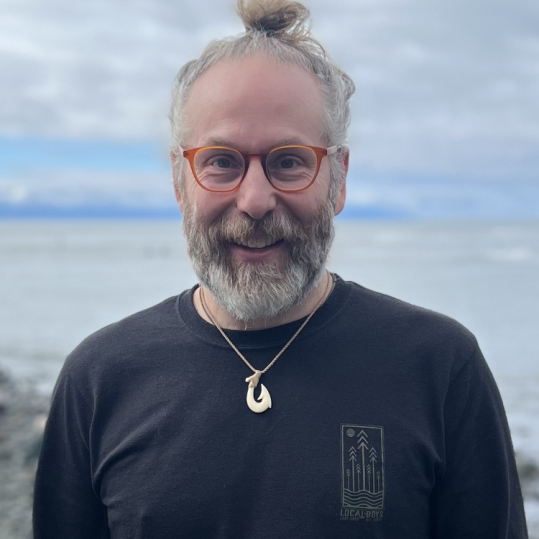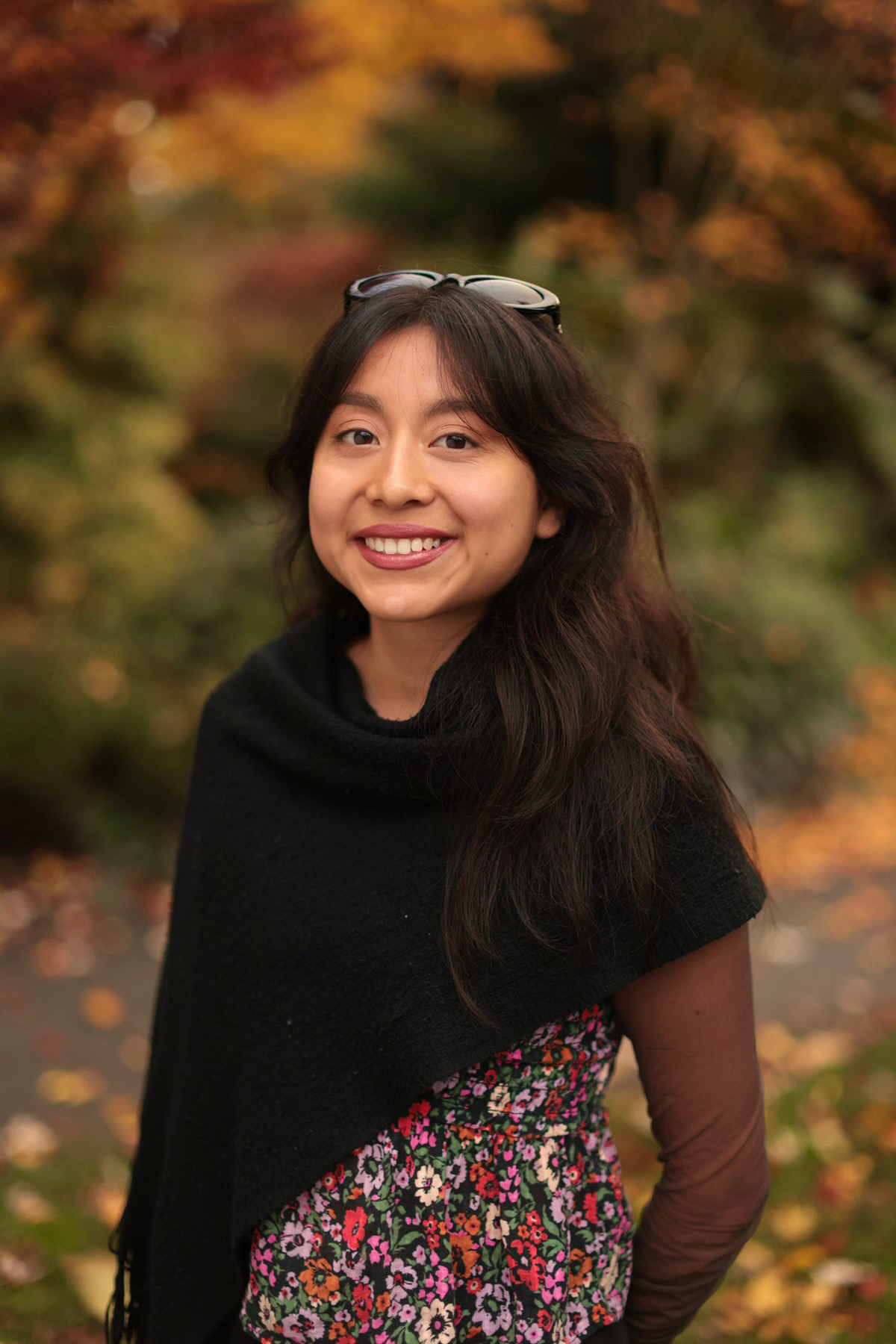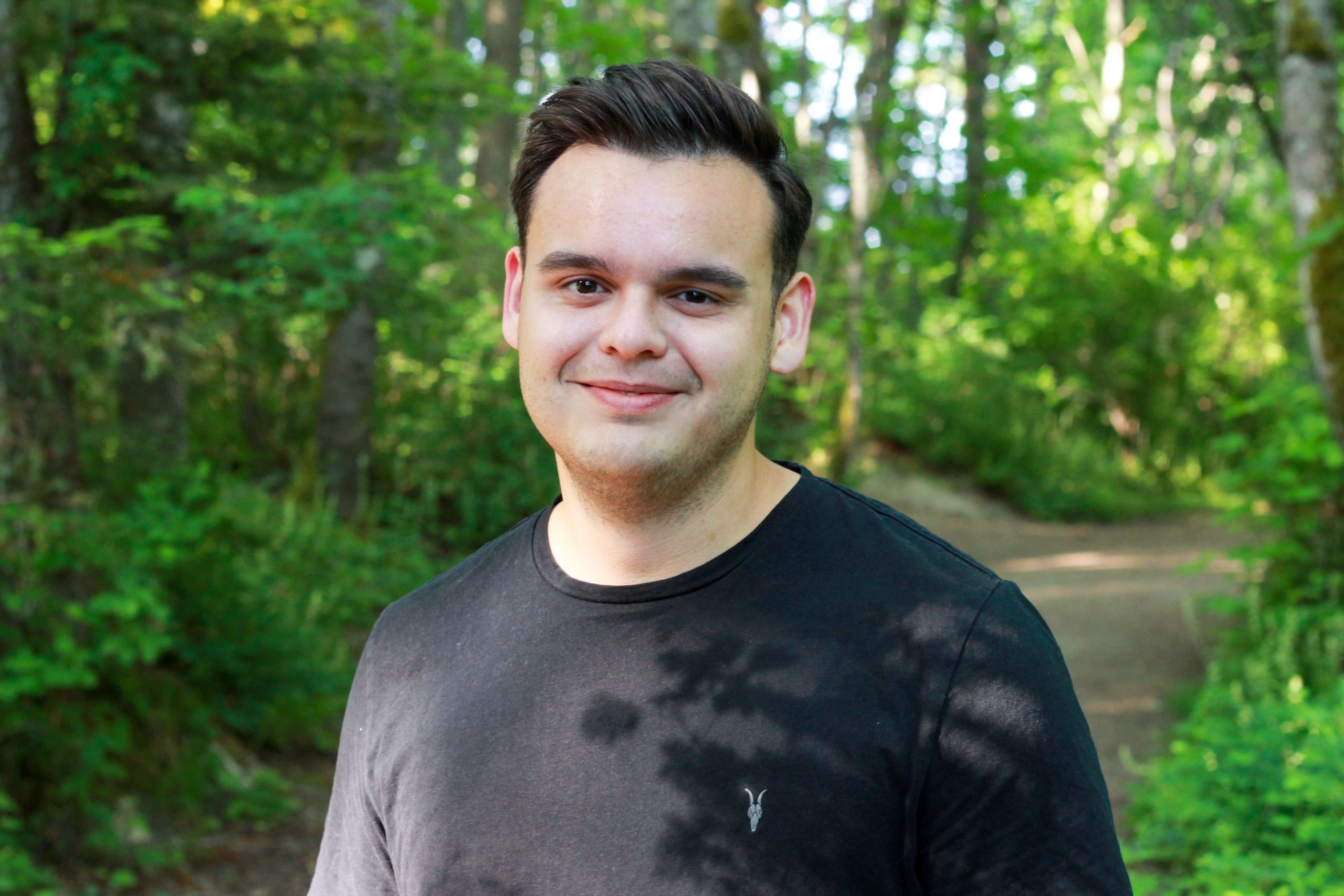Podcast: Play in new window | Download
Dr Dan Hikuroa (Ngāti Maniapoto, Waikato-Tainui, Ngaati Whanaunga, Pākehā) is Senior Lecturer in Te Wānanga o Waipapa at Waipapa Taumata Rau/University of Auckland where he has also lectured in Anthropology, Geology, Sustainability, Environmental Engineering and Business Studies. He is UNESCO – Culture Commissioner for New Zealand, Co-Deputy Director Engagement Te Pūnaha Matatini. He is a researcher for Ngā Pae o te Māramatanga and Sustainable Seas and a Council member of the American Geophyiscal Union. Dan’s expertise is in the areas of Earth Systems, Mātauranga Māori (Māori knowledge and ways of knowing), climate change, natural hazards and rivers. He has contributed to community and participatory projects that have included: marine spatial planning; environmental management plans; natural resource use and management; natural hazards, disaster risk reduction, resilience; and industrial waste-site rehabilitation. In this episode, we speak with Dan about distinctions of and synergies between Indigenous science and western science, and how using both in integrative and equally valued ways can support planetary health for all.
This podcast is created by the Impact Chair in Transformative Governance for Planetary Health at the University of Victoria, with production from Cited Media. We are supported by grants from the Canadian Institutes of Health Research and the Social Sciences and Humanities Research Council of Canada. You can find us at https://indigenousplanetaryhealth.ca/
